When you are looking for industrial inkjet printers to print barcodes on your product’s package, it is important to have familiarity with the different types of commonly used barcodes in the industry.
Barcodes are signs or symbols that can be scanned electronically using image-based or laser technology. It provides information like key identifiers (location, product, shipment, etc.) and essential attributes (date, serial number, lot /batch number, etc.) via GS1 syntax (simple, GS1, GS1 digital element string Uniform Resource Identifiers).
Barcodes have a vital role in the supply chain, enabling retailers, manufacturers, carriers, hospitals, and other stakeholders to automatically track and identify the products as they move via the supply chain.
Types of barcodes:
There are two main types of barcodes: Linear barcodes and two-dimensional (2D) barcodes.
Linear barcodes:
Linear barcodes are the most widely used globally and applied to closed distribution chains for managing logistics processes such as shipping and receiving goods from secondary packaging. The most popular linear barcodes are GTIN Code 8, GTIN 13, and UPC. GTIN14 and GS1128.
GTIN Codes:
These codes are omnidirectional barcodes that signify the standards created by the European Article Number (EAN) Association. GTIN identifies product types at all levels of packaging (e.g., consumer units, internal packages, boxes, etc.).
GTIN 14:
Characterized by the Interleave Two of Five (ITF) 14 symbol and used for groups or items that must not pass through POS, especially suitable for printing on corrugated cardboard.
GTIN13:
Represented by the EAN-13 symbol, used to identify consumer products sold worldwide.
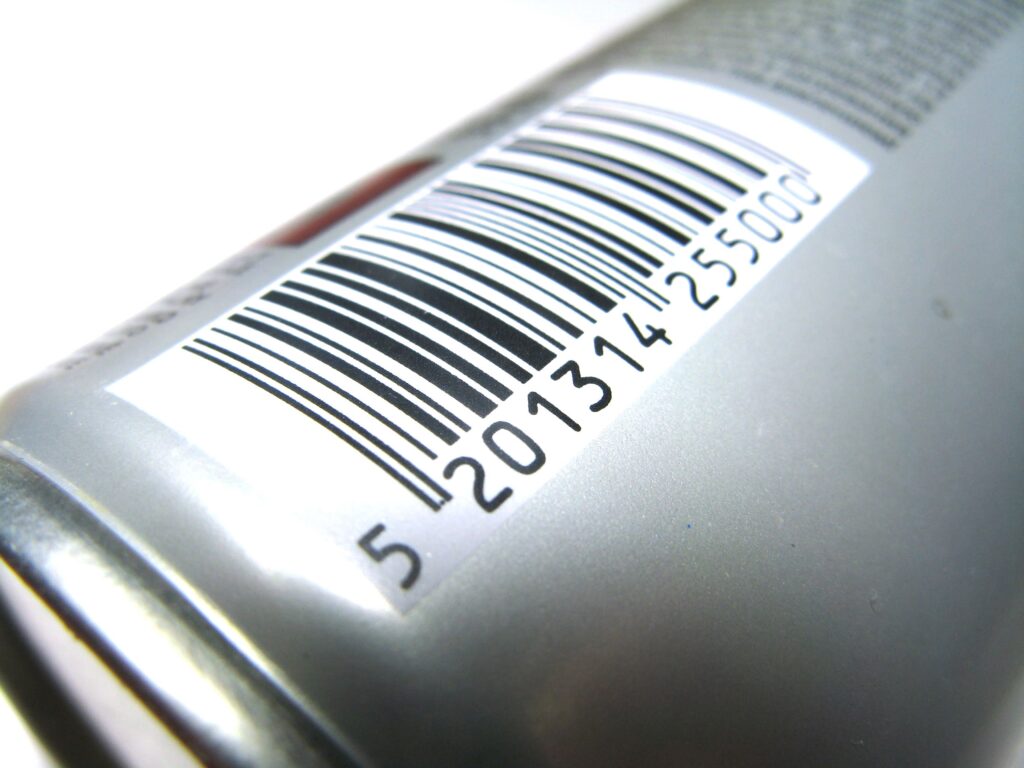
GTIN 8:
Characterized by the EAN-8 symbol, it is a short style of GTIN-13, which is common in small packaged products and is also the European version equivalent to UPC-E in the United States.
GS1 DATABAR:
Typically used to label fresh foods such as vegetables and fruits. It often covers the following information: expiration date, item weight, batch number, and used in the store Other attributes.
What are the Common Retail Barcode
When you visit the supermarket and retail chains, the most common barcodes you will see are either UPCA barcode and EAN13 barcode. These are the same barcode you see on your snack food packaging like chips. EAN was initially used by 12 countries in Europe and later suspended UPCA in North America. Currently, the most common retail barcode you will see on the supermarket’s shelves around the world is the EAN13 barcode.
Food and pharmaceutical are dynamic and growing industries that rely on constant and accurate communication between business partners in the supply chain. The industry relies heavily on inventory and distribution tracking. Therefore, they use barcodes to ensure food safety, create opportunities for businesses to grow while enabling food movement identification and inventory traceability between parties.
TWO – DIMENSIONAL (2D) Barcodes:
These barcodes consist of a scheme that encodes data in 2D using dots, rectangles, squares, hexagons, and other geometric patterns, and thanks to its high symbol storage and recovery capabilities, the Web. These codes can be used everywhere, such as accessing pages and downloading photos, videos, music, games, and generally all kinds of information.
GS1 DATA matrix:
GS1 Data Matrix can contain more than 3,000 symbols (numbers) or more than 2,300 alphanumeric characters, depending on the size. GS1 Data Matrix is primarily used in industrial marking and tracking.
GS1 QR code
GS1 QR Code can store up to 7089 numeric characters and up to 4296 alphanumeric characters. One of the common uses of QR codes is for marketing and advertising. It can store information such as company websites and campaigns. QR codes have also played key roles in the pandemic helping organizations trace coronavirus exposure to slow the spread of Covid-19.
Printing Barcodes
It is important that you are familiar with the different types of barcodes since it will guide you in choosing the right printer for you. MapleJet industrial inkjet printers, particularly its Hx Nitro thermal inkjet printer, is one of the best coding printers in the market that can print high-resolution scannable barcodes. You can chat or speak with MapleJet experts to know more about this printer.
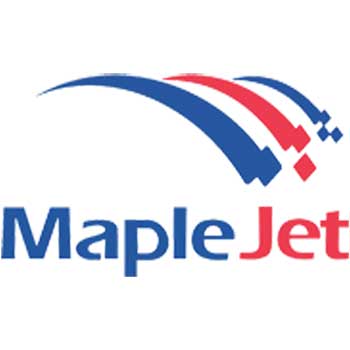
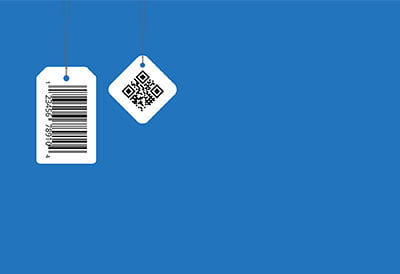
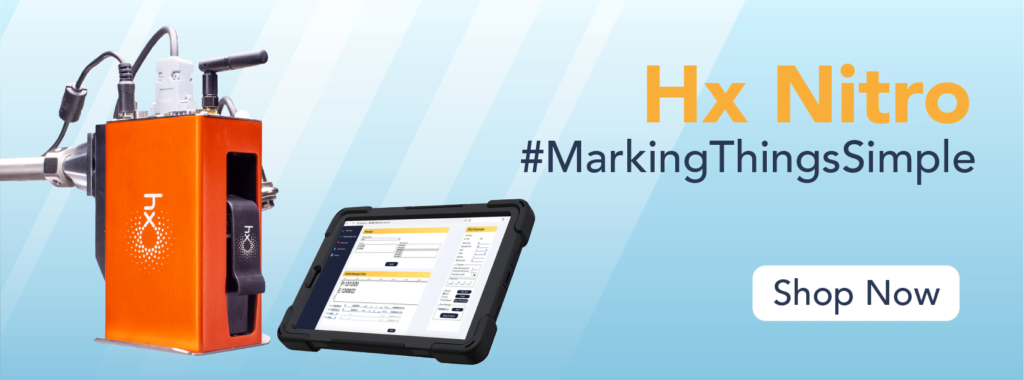

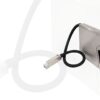
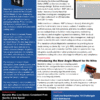
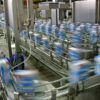

Recent Comments